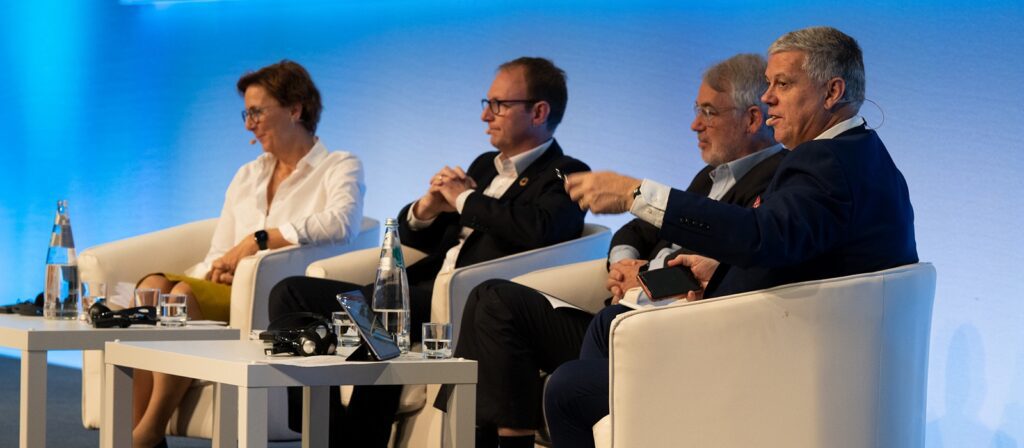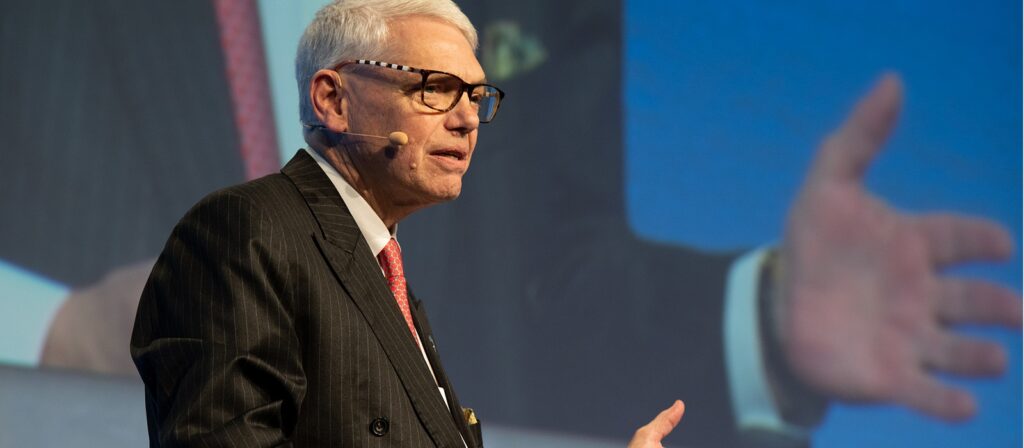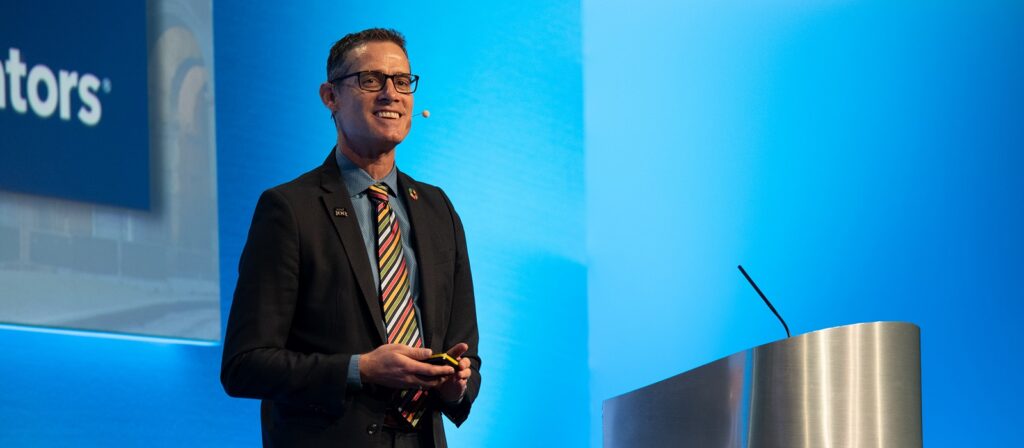In the face of escalating climate volatility and a widening protection gap, the IDF emerges as a critical initiative leveraging insurance for global adaptation and resilience. This forum symbolises a collaborative response to the urgent need for innovative solutions to climate-related risks.
The protection gap, representing the divide between economic losses from disasters and those covered by insurance, underscores a significant societal challenge. With climate change leading to more frequent and severe disasters, this gap poses a growing threat to global communities and economies. Addressing this gap is not just about financial recovery, but also about ensuring economic stability and safeguarding livelihoods against the backdrop of an uncertain climate future.
The IDF was established in 2015 through a collaboration between major global entities such as the World Bank, UN Development Programme, insurance and reinsurance companies, brokers, and other multilateral institutions. This initiative was driven by the shared recognition of insurance’s potential to enhance climate resilience and adaptation. As a public-private partnership, the IDF aims to foster dialogue, share knowledge, and drive action towards a more insured and resilient world.
The mission of the IDF is both ambitious and critical, aiming to narrow the protection gap by integrating insurance solutions into broader strategies for risk management and climate adaptation. This effort is directed towards enhancing economic stability and building a resilient global society capable of withstanding future climatic challenges. The IDF encourages innovation and the development of insurance products that are accessible and relevant, particularly to those most at risk.
The IDF’s creation signifies a pivotal moment in the fight against climate change, emphasising the strategic role of insurance in fostering a resilient future. By proactively addressing the protection gap, the initiative not only aims to protect economies and communities but also to catalyse a movement towards comprehensive global resilience. As the challenges of climate change evolve, the continued role of insurance in adaptation and resilience remains a beacon of hope, demonstrating the power of collaborative action in building a more secure world.





